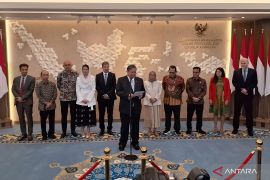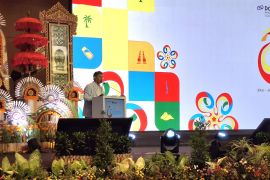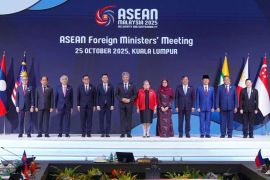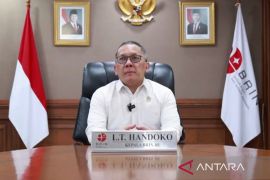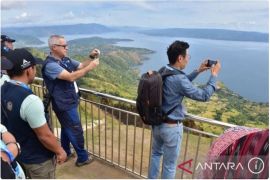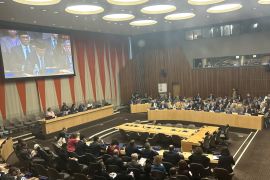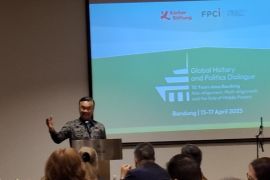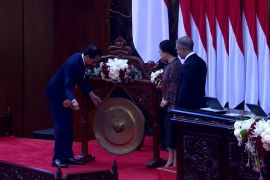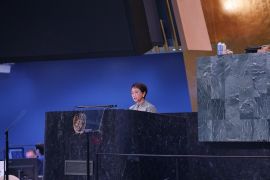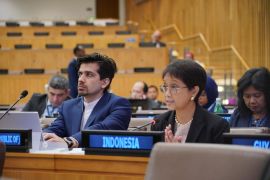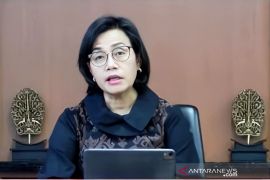The challenges included the Euro Zone crisis, the sluggish global economic growth and trades, the volatile food and energy prices, and natural disasters triggered by effects of the climate change, Yudhoyono said.Jakarta (ANTARA News) - Indonesian President Susilo Bambang Yudhoyono has believed that Muslim nations grouped in the Development Eight (D-8) can play a vital role in responding to global challenges.
The challenges included the Euro Zone crisis, the sluggish global economic growth and trades, the volatile food and energy prices, and natural disasters triggered by effects of the climate change, Yudhoyono said in his remarks at the Eight Summit of D-8 in Islamabad, Pakistan, Thursday.
To face the challenges, D-8 member countries should take measures at national, regional, and global levels, he added.
"First, D-8 countries must sustain their economic growth and stability and if possible to increase it. We do have the potential. In fact, D-8 countries register average growth around six percent," the president stated.
D-8 intra-trade now reaches 130 US billion dollars, or 7.5 percent of the total D-8 trade volume with the rest of the world. In the area of investment, the grouping`s intra-investment increased 4 percent in 2011.
"I believe there remain rooms and potentials for stronger cooperation in this area," he added.
Second, D-8 needs to explore collaboration in building greater connectivity.
"Each of us must invest more in national and D-8 connectivity through infrastructure development, tourism, air transportation, sea transportation, including port services, people-to-people contact, policy harmonization. I believe this initiative, with the support of the D-8 working groups, could enhance even more trade and investment among D-8 countries," he noted.
Third, in view of the continuing global economic shock, D-8 countries should strengthen cooperation in social protection. This is important to prevent people from falling into a new cycle of poverty, he explained.
Fourth, D-8 must strengthen cooperation in building the capacity of small and medium enterprises (SMEs).
"This is critical because SMEs are the backbone of our economy. Also important in supporting the SMEs is financial inclusion, through micro-finance. This is the area where we can collaborate more," the head of state said.
Fifth, D-8 must develop cooperation in food and energy security. With total combined population of one billion, the need for food and energy will continue to grow.
"And Sixth, D-8 needs to collaborate more intensively in achieving the MDGs. As the deadline of their realization target 2015 is approaching, I believe that the governments, private sector, and civil society groups of D-8 member countries must work together to ensure for the highest attainment of those goals," he stated.
In light of realizing those goals, D-8 needs to strengthen its institutional framework, which includes the role of the D-8 Secretariat and its Secretary-General, he concluded.
The D-8 groups Bangladesh, Egypt, Indonesia, Iran, Malaysia, Nigeria, Pakistan and Turkey.(*)
Editor: Heru Purwanto
Copyright © ANTARA 2012
